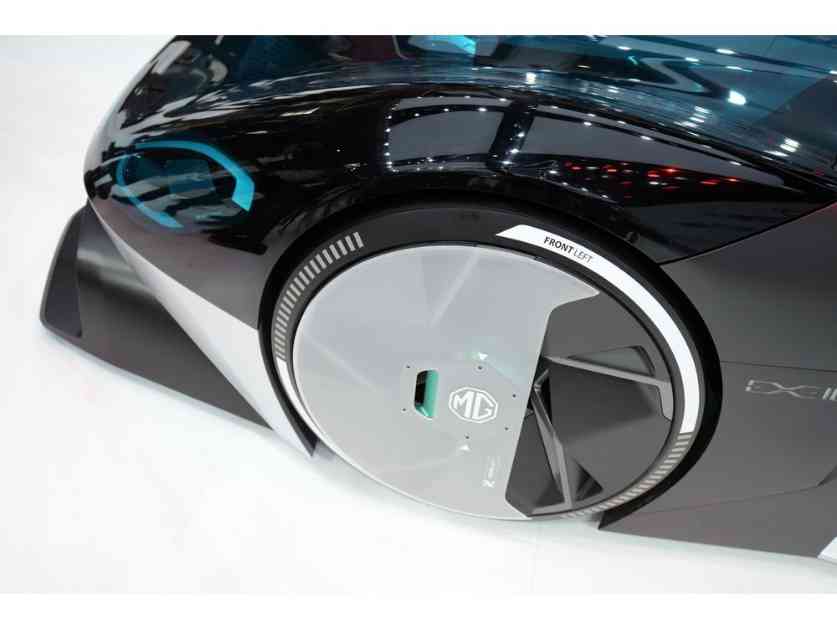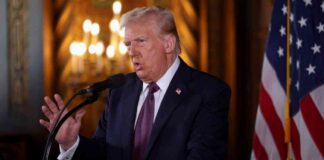China Electric Vehicle Maker’s Lackluster Response to EU Tariff Dispute Backfires
SAIC Motor Corp., a prominent Chinese electric vehicle maker, is facing the consequences of its tepid response to the European Union’s tariff dispute. The company’s lack of preparedness in navigating Western business and political domains has resulted in harsh treatment by EU negotiators, leading to significant additional tariffs on its electric vehicles sold in Europe.
The EU has imposed an extra 36.3% tariff on SAIC’s EVs, more than double the tariffs imposed on other Chinese automakers like BYD Co. and Zhejiang Geely Holding Group Co. The disparity in treatment is attributed to varying levels of cooperation, as highlighted in the European Commission’s provisional decision document. SAIC’s responses were deemed deficient, lacking the necessary documentation and engagement compared to its peers.
In response to the EU’s demands for sensitive business information, SAIC expressed concerns about information security and accessibility to supplier data. The company’s unfamiliarity with the required documentation and internal bureaucracy further hindered its ability to effectively engage with EU regulators. This contrasts with the proactive approach taken by BYD and Geely, who enlisted the help of international law firms and policy experts to navigate the regulatory landscape.
The uneven treatment of Chinese automakers in the EU tariff dispute serves as a reminder of the importance of cultural adaptation and effective engagement in international business environments. Chinese companies, particularly state-owned enterprises like SAIC, may struggle to navigate the nuances of Western markets due to their multiple objectives beyond profit. Developing a better understanding of regulatory systems and engaging with civil society could help Chinese EV makers mitigate challenges in expanding their presence in Europe.
At industry events like The Battery Show Europe 2024, Chinese companies have a significant presence but may struggle to engage effectively with European counterparts. The lack of Chinese speakers and participation in key discussions underscores the need for better integration and understanding of cultural differences. Chinese manufacturers, including BYD, are gradually recognizing the importance of local engagement and communication strategies to enhance their presence in European markets.
While Chinese EV makers continue to make strides in capturing market share in Europe, their ability to navigate regulatory, political, and cultural challenges remains a work in progress. Adapting to new surroundings, embracing local practices, and prioritizing effective communication with stakeholders are crucial steps for Chinese companies to succeed in competitive global markets.
In conclusion, the EU tariff dispute serves as a wake-up call for Chinese EV makers to enhance their engagement strategies and cultural awareness in Western markets. By learning from past mistakes and prioritizing effective communication and cooperation, companies like SAIC can overcome regulatory hurdles and establish a stronger foothold in the competitive European automotive industry.






















